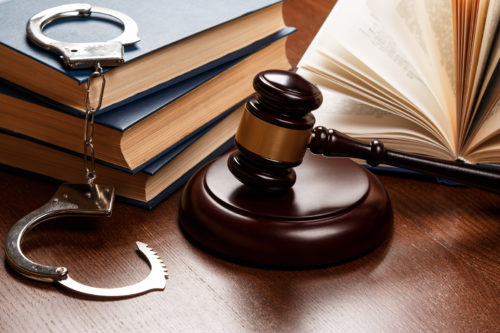
In New York state, a law enforcement officer must establish probable cause to legally make an arrest or obtain an arrest warrant from a judge. There is no exact way to measure this, but it is somewhere in between mere suspicion and less than a preponderance of the evidence. Additionally, this is difficult to establish, as the law enforcement officer must prove to the New York court that there were objective circumstances leading them to believe that you committed a crime. Because you may face actions against you that would otherwise violate your constitutional rights, you must be informed of the laws surrounding probable cause. If you are unsure whether your arrest was legal, follow along to learn how one of the experienced Nassau County criminal defense attorneys at Grunwald & Seman, P.C. can help protect your rights.
How does New York state define probable cause?
Probable cause exists when there is reliable evidence that would lead a law enforcement officer to believe that you likely committed a specific crime. New York law goes on to say that such reliable evidence can include hearsay. So, when a law enforcement officer has probable cause, the below actions may follow:
- A law enforcement officer may pull you over while driving. With this, they may search your vehicle.
- A law enforcement officer may stop you on the street and search you.
- A law enforcement officer may search your home.
Ultimately, after the above actions, the law enforcement officer may arrest you or obtain an arrest warrant if they discover subsequent evidence that you committed a crime.
How does probable cause work for a DWI arrest in New York state?
In a DWI case, a law enforcement officer must have probable cause to not only pull you over but to make the arrest. The essential evidence for the initial stop may be speeding, running a red light, turning without signaling, swerving out of a lane, or otherwise. And the necessary evidence for the subsequent DWI arrest may be a blood alcohol content score of .08 or higher, the smell of alcohol on your breath, glassy eyes, slurred speech, failed field sobriety tests, or otherwise.
With this, there are two important facts to keep in mind. For one, a law enforcement officer does not need to conduct a field sobriety test if the available evidence is compelling enough. Second, they do not need to have probable cause for the DWI arrest to make the initial stop, and any sign of a traffic violation will suffice.
If you have any further questions regarding the legality of your stop, do not hesitate in reaching out to a skilled Garden City, NY DWI | DUI attorney today.
Contact Our Long Island Firm
If you need experienced legal counsel for a criminal matter on Long Island or anywhere inNew York State, please contact Grunwald & Seman, P.C. to schedule a consultation.
